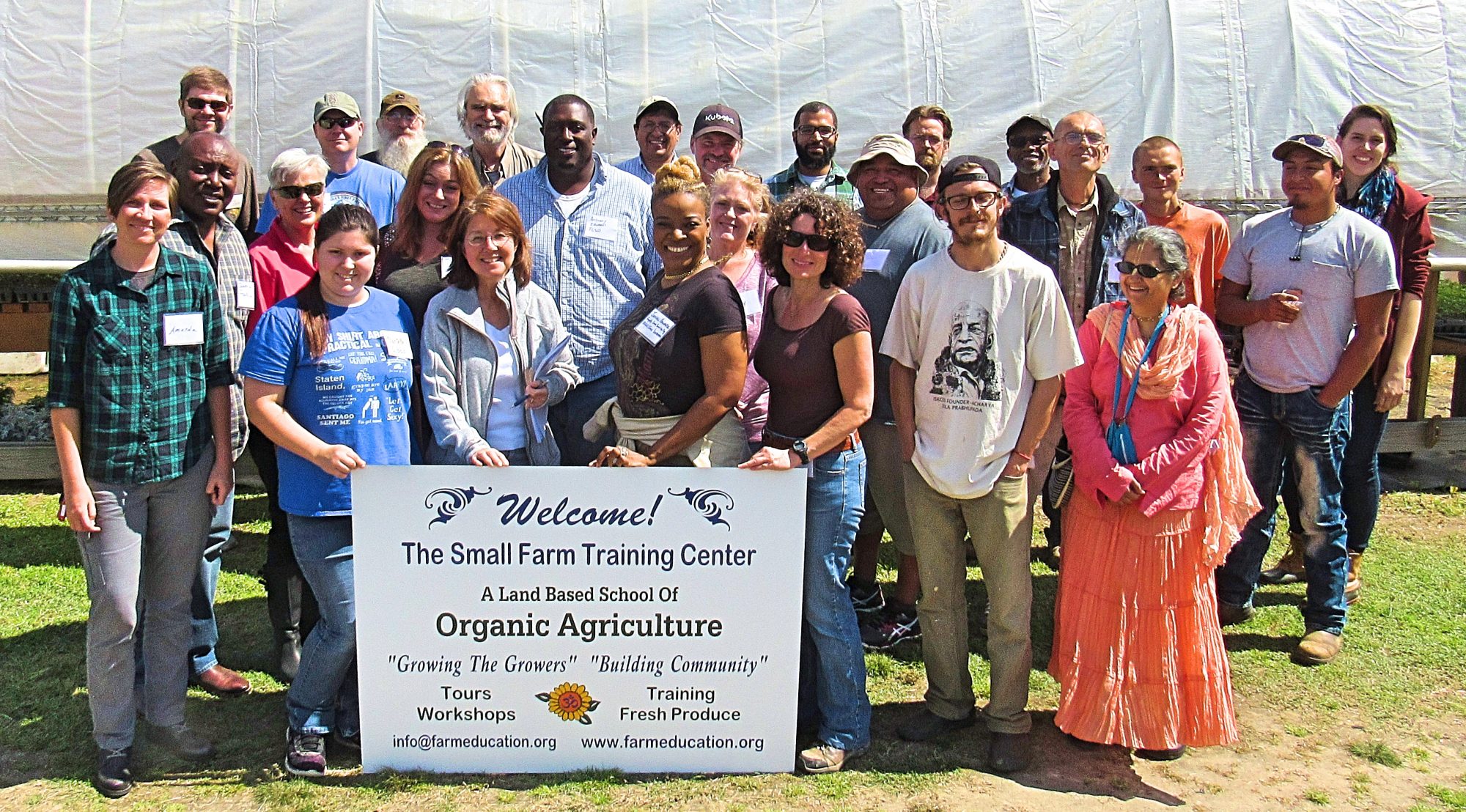Not very long ago, teachers and students could unhesitatingly light up cigarettes in U.S. college classrooms. No one would object, in spite of the toxic secondhand smoke. After a decades-long campaign to educate the public about the dangers of smoking tobacco and its enormous public health costs, smoking in public has gained a serious stigma and has become prohibited in many public areas. Tobacco has also become heavily taxed.
Meat eating and the slaughterhouse-supported flesh-food industry will certainly eventually be viewed with even harsher disdain. Meat is artificially cheap due to major taxpayer subsidization of corn and soybean production. Whether you eat meat or not, you’re footing the bill for someone else’s Big Mac. If a pound of flesh was not subsidized, it would cost $35/lb, just as it does in countries like Japan, where grazing land is scarce. The real cost of an unsubsidized Big Mac is $7.00, not the current $2.00. Guess who pays the $5.00 difference?
Besides the economics of meat consumption, there are the ethical issues surrounding slaughter. The act of killing, and its tacit support, deadens the human spirit to the higher sentiments of life, and the consumption of meat greatly clouds one’s consciousness. In that sense, vegetarianism is the taproot of humanitarianism. Western civilization considers human life to be sacred, but Vedic culture recognizes all life forms as sacred.
Vegetarianism is ecology in its deepest sense. Animal life should not be exploited for our own purposes, nor should it be artificially manufactured and supported, as is currently done around the globe. As it stands today, billions of animals are reared for slaughter in factory farms every year.
Plus there’s the concept of karma, which originates in the Vedas. Or as Sir Isaac Newton put it, “For every action, there is an equal and opposite reaction.” If our civilization is responsible for the torture and slaughter of billions of animals every year, then what will be the karmic result? It’s no wonder our world is full of so much chaos, in the form of war, famine, disease, etc.
It’s no exaggeration to say that if you want real lasting world peace, as well as true ecological balance, one of the best ways you can contribute is to subsist on a plant-based diet.


